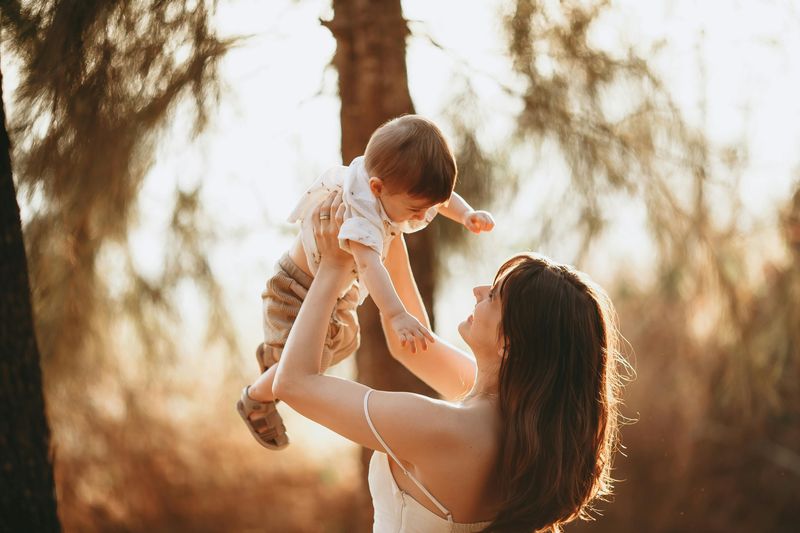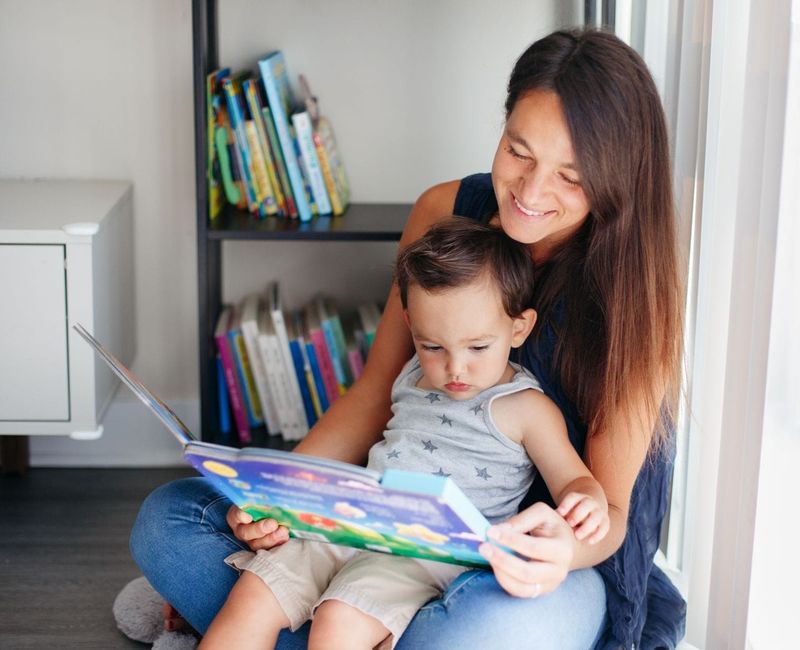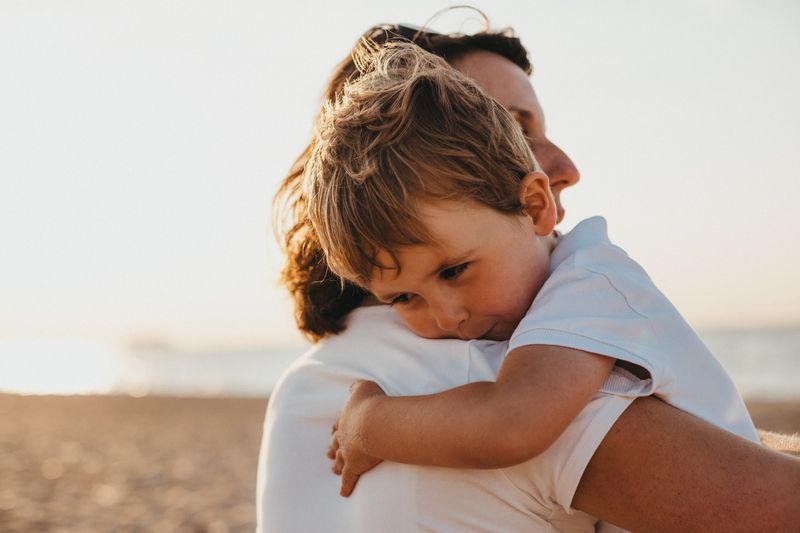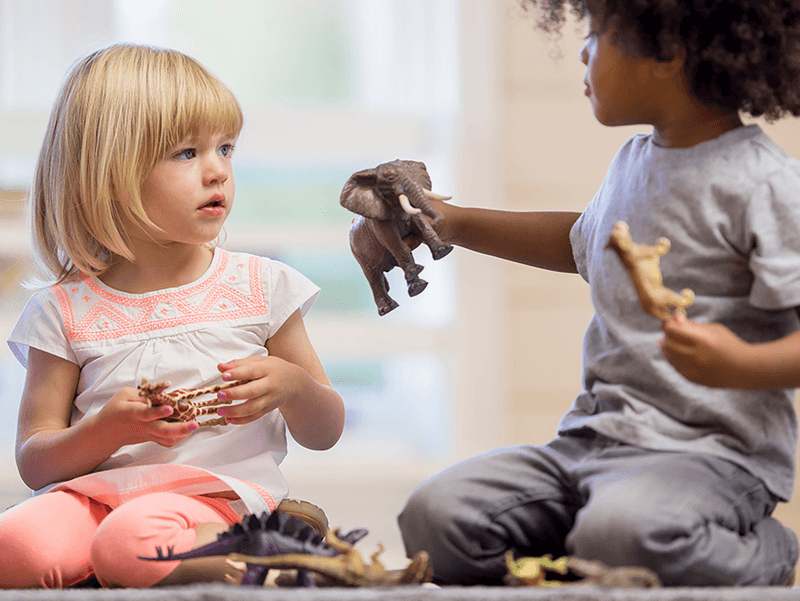11 Parenting Lessons We Only Learn the Hard Way

Becoming a parent opens a world of joy, challenges, and unexpected discoveries. No matter how many books you read or advice you get, some lessons only sink in through real-life experience. These hard-earned insights often become the most valuable guideposts in our parenting journey, shaping how we navigate the beautiful chaos of raising little humans.
1. Sleep Is Not a Guarantee—It’s a Privilege

Remember those pre-kid days when you complained about being tired? That wasn’t tired. True exhaustion is the bone-deep weariness that comes after your third night of hourly wake-ups with a teething baby.
The cruel irony is that just when you master one sleep challenge, another appears. Your newborn finally sleeps through the night, then nightmares begin. Your toddler conquers bedtime, then your teenager starts texting until 2 AM.
Eventually, you stop planning your life around sleep schedules and accept that good rest comes in seasons. The silver lining? You develop superhuman abilities to function on minimal sleep and appreciate those rare, glorious full nights like never before.
2. Your Kid’s Personality Isn’t a Reflection of You

The first time your shy child hides behind your legs at a birthday party, you might feel that sting of embarrassment. “Why can’t they be outgoing like me?” Or maybe your rule-following nature clashes with your boundary-testing tornado of a toddler.
Children arrive with their own unique wiring, temperaments, and ways of experiencing the world. Your naturally cautious child isn’t judging your parenting—they’re just being themselves. Your wild child isn’t deliberately trying to challenge you—they’re exploring the world in their own way.
Letting go of the idea that your child’s personality somehow scores your parenting frees both of you. Your job isn’t to mold them into mini-versions of yourself but to help them become the best version of who they already are.
3. Milestones Don’t Matter Nearly as Much as You Think

“My friend’s baby is already walking!” The panic sets in. Your 11-month-old seems perfectly content just sitting and observing. Cue the milestone anxiety that plagues modern parents.
Developmental timelines create unnecessary stress for both children and parents. The truth? Whether your child walked at 9 months or 15 months will be completely irrelevant by kindergarten. Nobody asks college applicants when they were potty trained.
Children develop on their own unique timelines, with skills emerging when their bodies and minds are ready. The best thing you can do is provide opportunities for growth, celebrate their progress (whatever pace it happens at), and remember that development isn’t a race. Those milestone charts are guidelines, not report cards.
4. You Will Lose Your Patience—Repeatedly

Before kids, you might have imagined yourself as the eternally patient parent who never raises their voice. Then reality hits: your toddler has just emptied an entire box of cereal onto the floor while you’re already running late, and suddenly you’re yelling about Cheerios.
Even the most zen parents reach their breaking points. The fourth “why” question in a row, the sibling fights that never end, the homework battles—they chip away at your composure until something snaps.
The real parenting skill isn’t never losing your cool; it’s what you do afterward. Apologizing to your child teaches them about accountability. Reflecting on your triggers helps you respond better next time. Perfect patience doesn’t exist, but the willingness to repair relationships and try again tomorrow absolutely does.
5. They Watch Everything, Not Just What You Teach

“Do as I say, not as I do” might be the most ineffective parenting strategy ever invented. Children are walking recording devices, capturing your every move, word, and reaction—especially the ones you hope they’ll miss.
That time you lost it in traffic? They noticed. How you speak about your body? They internalized it. The way you handle disappointment or treat the cashier? All being filed away as “how adults behave in the world.”
This reality can feel terrifying, but it’s also empowering. By working on yourself—managing your emotions, practicing kindness, admitting mistakes—you’re giving your children the most powerful lessons they’ll ever receive. No lecture about honesty will ever trump the moment they watch you return extra change to a cashier.
6. Time Moves So Slowly—and Then Suddenly Too Fast

“The days are long, but the years are short” sounds like empty wisdom until you’re living it. Those endless afternoons with a cranky toddler feel like they’ll never end. You count down minutes until bedtime, wondering if time has actually stopped.
Then suddenly, impossibly, that same toddler is heading off to kindergarten. You’re finding tiny baby clothes while cleaning out closets, wondering where your infant went. The teenage years arrive before you’ve mentally prepared, bringing the shocking realization that your time as their primary influence is winding down.
No parent escapes this time paradox. The only solution is presence—finding moments to fully engage with your child exactly as they are today, knowing that tomorrow they’ll be someone slightly different, moving steadily away from the beginning and toward their own independent life.
7. You Can’t Protect Them from All Pain

Your child’s first real heartbreak—whether from a friendship gone wrong, a rejection, or a failure—might hurt you more than it hurts them. The parental instinct to shield our children from pain runs deep. We want to build fortresses around their tender hearts.
Gradually, painfully, we learn that’s impossible. More importantly, we realize it’s not even desirable. The skinned knees, the birthday party they weren’t invited to, the team they didn’t make—these disappointments build crucial emotional muscles.
Your job shifts from prevention to presence. You can’t stop the hurts, but you can sit with them in the aftermath. You can validate their feelings without trying to fix everything. In doing so, you teach them the most valuable lesson: they can survive difficult emotions and emerge stronger on the other side.
8. Kids Don’t Need ‘Perfect’—They Need ‘Present’

The elaborate birthday parties, the Pinterest-worthy school projects, the perfectly balanced meals—none of these matter as much as we think. Children thrive not on perfection but on connection. A simple game of catch in the backyard can create more lasting memories than an expensive, meticulously planned vacation.
Looking back, kids rarely remember the things we stayed up late stressing about. They remember the moments when we were fully there—listening without distraction, laughing without reservation, seeing them with our full attention.
This truth offers liberation from parenting perfectionism. You don’t need to be extraordinary—you just need to be available. Put down the phone, make eye contact, and enter their world for a while. These small moments of connection build the secure foundation that children truly need.
9. You Will Question Yourself Constantly

“Am I being too strict or too lenient? Should I push harder or back off? Am I giving enough attention to each child?” Welcome to the endless internal monologue of parenthood—a constant stream of second-guessing that no one warned you about.
Self-doubt is parenting’s constant companion. Just when you think you’ve figured out the right approach, your child enters a new phase, or you read conflicting advice, or you see another family doing things differently. The questions start all over again.
What experienced parents eventually discover is that this uncertainty isn’t a flaw—it’s a feature. Questioning your choices means you care deeply about getting it right. It means you’re paying attention and staying flexible. Perfect certainty in parenting doesn’t exist because children and circumstances constantly change. The willingness to reassess is actually your strength.
10. They’re Not ‘Mini-Me’s’—They’re Their Own People

The soccer star who produces an art-loving child. The book lover whose kid lives for extreme sports. The neat freak raising a child who creates chaos wherever they go. Parenthood is full of these surprising mismatches that challenge our expectations.
Many parents start out assuming their children will naturally share their interests, values, and approaches to life. The gradual realization that your child is wired fundamentally differently can be disorienting. Their passions may mystify you. Their choices might contradict everything you value.
Learning to celebrate rather than correct these differences transforms your relationship. Your science-minded approach and their artistic soul aren’t in competition—they’re complementary. Your child isn’t a canvas for recreating yourself but a unique individual with their own path to discover. Your privilege is supporting their journey, even when it looks nothing like you imagined.
11. The Little Moments Are the Big Ones

We prepare for the milestone moments—first steps, first day of school, graduations. We document them carefully, anticipating their significance. Yet surprisingly, these aren’t always the memories that matter most in the long run.
Instead, it’s often the ordinary Tuesday when you made up silly songs in the car. The bedtime conversation that unexpectedly turned deep. The inside jokes that evolved over years. These seemingly insignificant moments form the emotional backbone of your relationship.
The realization usually comes too late—when children are growing up and away, and we suddenly understand which moments were truly precious. The parenting wisdom we all eventually earn is to notice these ordinary moments while they’re happening. To recognize that in the daily mundane interactions, something profound is quietly being built: the relationship that will last long after childhood ends.

Comments
Loading…